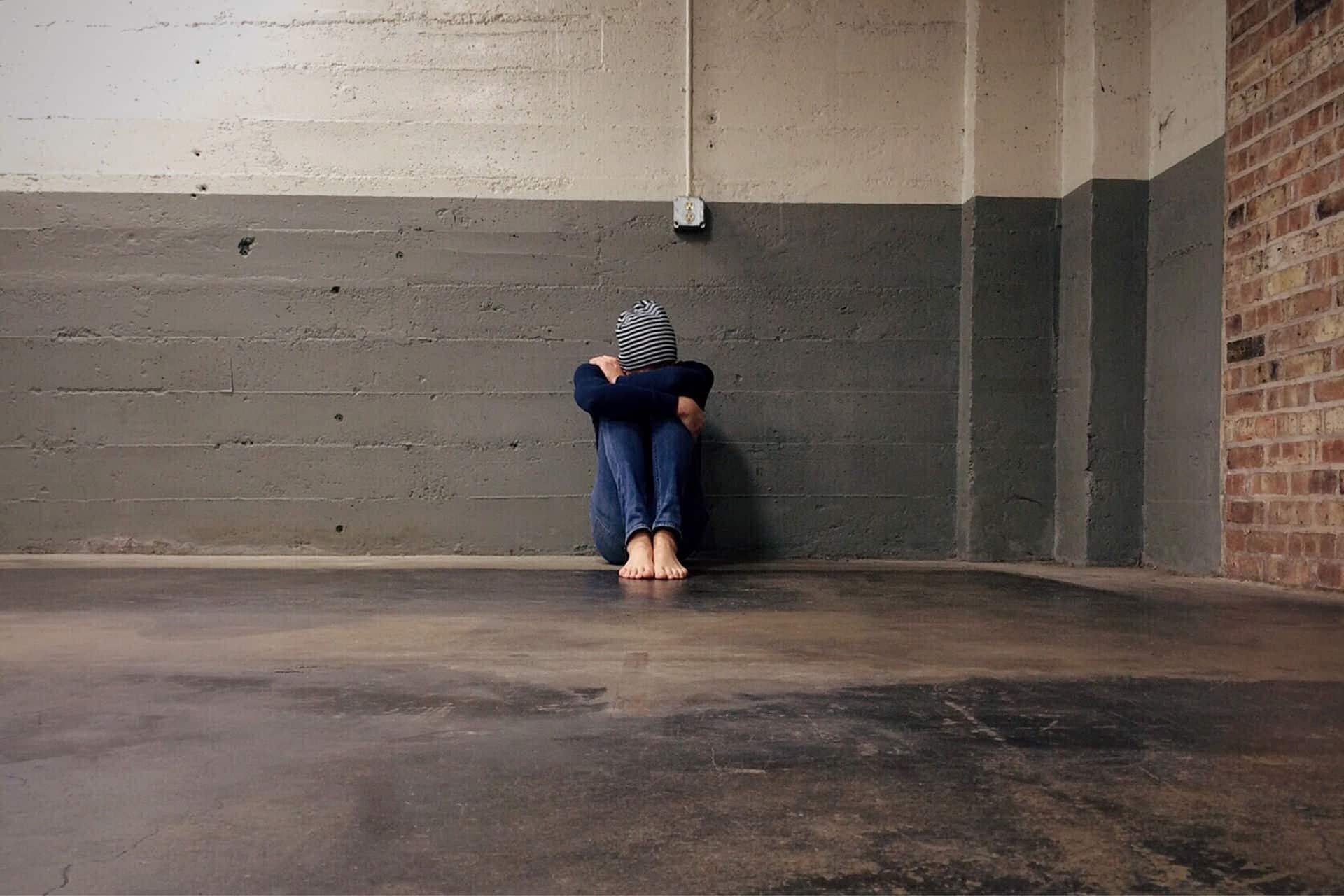Contact Orlando Treatment Solutions
For any other questions please call us or fill out the contact us form. We're here to help you at Orlando Treatment Solutions.
Contact Us Call Now (321) 415-3213Popular Post
Mental health conditions can have a significant impact on our relationships. They can affect our ability to communicate, express our emotions, and resolve conflict. In some cases, they can even lead to a relationship breakdown.
The Prevalence of Mental Health Conditions in Relationships
Mental health conditions are prevalent in the general population, with an estimated 46.6 million adults in the United States experiencing a mental illness in the past year. This prevalence extends to relationships, with studies indicating that up to 40% of couples experience mental health challenges that affect their relationship dynamics.
Here are some of the most common mental health conditions that can affect relationships:
1. Anxiety disorders
Anxiety disorders are the most common mental illness in the United States, affecting 40 million adults in the United States age 18 and older, or 18.1% of the population every year. Anxiety disorders are characterized by excessive and persistent worry and fear. In relationships, anxiety can manifest as:
- Difficulty making decisions
- Constantly worrying about the relationship
- Avoiding social situations
- Being clingy or demanding
- Having panic attacks
2. Depression
Depression is a mood disorder that causes feelings of sadness and/or a loss of interest in activities once enjoyed. According to the National Institute of Mental Health, nearly 1 in 5 U.S. adults experienced mental illness. Depression can affect relationships in the following ways:
- Withdrawing from loved ones
- Losing interest in intimacy
- Feeling hopeless and helpless
- Having difficulty sleeping
- Having difficulty concentrating
3. Obsessive-compulsive disorder (OCD)
OCD is a mental disorder characterized by intrusive thoughts (obsessions) and repetitive behaviors (compulsions) that are aimed at reducing anxiety. In relationships, OCD can manifest as:
- Excessive reassurance-seeking
- Perfectionism
- Fear of contamination
- Intrusive thoughts about harming themselves or their partner
4. Post-traumatic stress disorder (PTSD)
PTSD is a mental disorder that develops in response to a traumatic event. In relationships, PTSD can manifest as:
- Flashbacks
- Nightmares
- Avoidance of reminders of the trauma
- Difficulty trusting others
5. Personality disorders
Personality disorders are characterized by inflexible and unhealthy patterns of thinking, feeling, and behaving. Some personality disorders that can affect relationships include:
- Borderline personality disorder (BPD): BPD is characterized by impulsivity, emotional instability, and intense relationships.
- Narcissistic personality disorder (NPD): NPD is characterized by an inflated sense of self-importance, a deep need for admiration, and a lack of empathy.
- Antisocial personality disorder (ASPD): ASPD is characterized by a lack of remorse or guilt, a disregard for social norms, and a tendency to exploit others.
Impact of Mental Health Conditions on Relationships
Mental health conditions can have a profound impact on relationships, affecting communication, trust, and emotional intimacy. Common challenges include:
- Communication difficulties: Mental health conditions can hinder effective communication, leading to misunderstandings, arguments, and unresolved conflicts.
- Emotional stress: Symptoms like anxiety, depression, and emotional isolation can create emotional distance and strain the relationship bond.
- Decreased intimacy: Mental health conditions can affect the ability to engage in emotional and physical intimacy, affecting the overall quality of the relationship.
What to do If You Think Your Partner is Struggling with a Mental Health Condition
If you think your partner is struggling with a mental health condition, the most important thing to do is to talk to them about it. Let them know that you are concerned about them and that you want to help. You can also encourage them to seek professional help.

Effective Strategies for Managing Mental Health in Relationships
Despite the challenges, it is possible to maintain healthy and fulfilling relationships while dealing with mental health conditions. The following strategies may be helpful:
- Open communication: Encourage an open and honest discussion about mental health concerns. Express feelings, needs, and expectations to promote understanding and empathy.
- Seek professional help: Encourage professional help from therapists, counselors, or psychiatrists to effectively manage mental health conditions.
- Prioritize self-care: Encourage self-care practices such as exercise, healthy eating, relaxation techniques, and maintaining a healthy lifestyle to promote overall well-being.
- Mutually supportive environment: Create a supportive environment where both partners feel safe, understood, and respected. Avoid judgment, criticism, or blame, and focus on collaboration and understanding.
- Seek professional couples counseling: Consider seeking couples counseling to address relationship-specific issues, improve communication patterns, and develop healthy coping mechanisms.
Mental health conditions are common and can significantly impact relationships. However, with open communication, professional support, and mutual care, couples can navigate these challenges and build healthy, fulfilling partnerships.
Remember, mental health is an essential aspect of overall well-being, and seeking help is a sign of strength, not weakness. By prioritizing mental health and fostering supportive relationships, individuals can create lasting bonds that enhance their lives.
Get Quality and Evidence-based Mental Health Treatment at Orlando Treatment Solutions
If you are concerned about mental health conditions in your relationships, please contact Orlando Treatment Solutions. We can assist you and your partner in overcoming harmful patterns and rebuilding your relationship healthily.
Call us at (321) 415-3213 to learn more about mental health, and our treatment programs can teach you the skills you need for healthier, happier relationships.
You may also like to read:
Contact Us
CALL US NOW
Orlando Treatment Solutions will iron out the details for you in a manner that will make you confident in your path to sobriety. That first simple call is your ticket to making Orlando Treatment Solutions your solution for addiction. Get the freedom from addiction that you deserve today.
Call us now on (321) 415-3213Updated News
LATEST POSTS
Orlando Treatment Solutions makes numerous media outlets available to encourage you in your recovery process. Digital media literature is approved by a licensed professional and intended to guide you in your recovery path.

Years of experience
Our leadership team has extensive experience in dual-diagnosis treatment and is ready to help those who are struggling with substance use and mental health.

Specialists
Our staff consists of many licensed addiction and mental health treatment facilitators and other staff who are ready to share their experience and their success.

Happy patients
Orlando Treatment Solutions has helped over 2,000 people who have struggled with substance use (alcohol and drug addiction) and mental health find freedom.
Contact Us
GET IN TOUCH
Reaching out to Orlando Treatment Solutions may be the most important call of your recovery process. A caring professional is waiting for your call to be your guide to addiction-free living.
Need Help? Contact Us
Areas and Cities We Serve SUD & Mental Health Treatments in Florida
Oviedo Deland Palm Coast Jacksonville Port St. Lucie Tampa Altamonte Springs Kissimmee St Cloud Winter Garden Winter Park Clermont Melbourne Sanford Deltona Lake Mary Mount Dora Leesburg The Villages Union Park St. Augustine Dupont Port Orange Ormond Beach Holly Hill Daytona Beach Edgewater Oak Hill Maytown Eldora Geneva Titusville Christmas Port St. John Port Canaveral Cocoa Beach Osteen Satellite Beach Palm Bay Roseland Sebastian Fellsmere Gifford Rockledge
 info@shc.health
info@shc.health 




